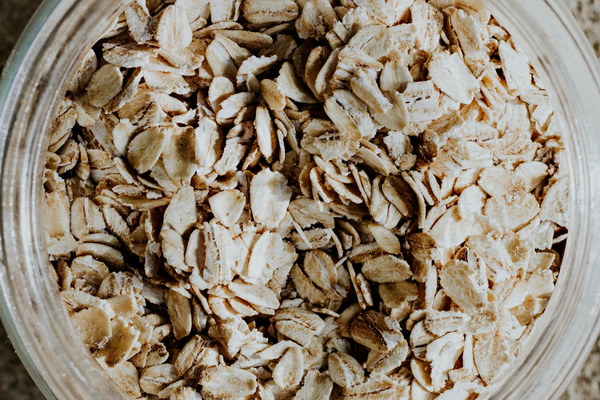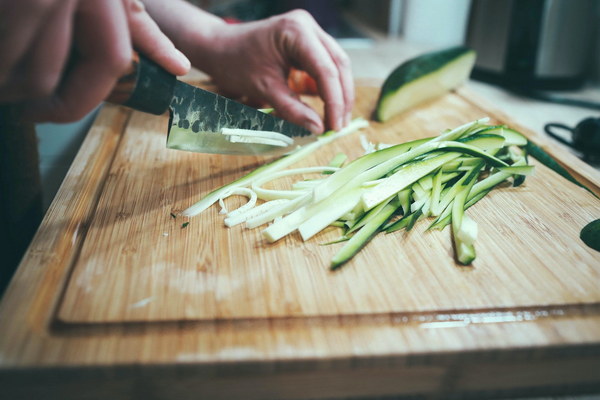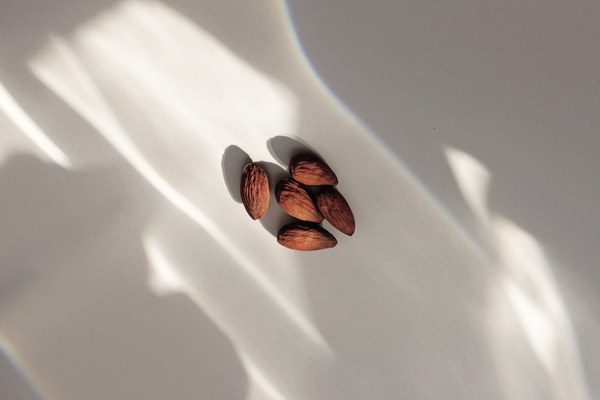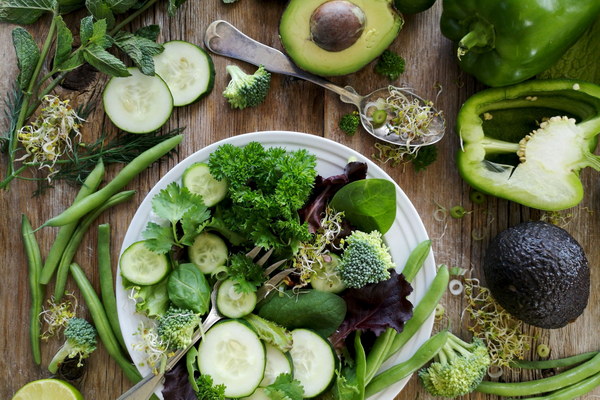How to Relieve Cough and Nourish the Lungs Traditional Chinese Medicine Tips for the Second Wave
In the face of the second wave of respiratory illnesses, it's crucial to take proactive measures to boost your immune system and maintain lung health. Traditional Chinese Medicine (TCM) offers a wealth of knowledge and practices that can help alleviate cough and strengthen your lungs. Here's how you can use TCM to relieve cough and nourish your lungs during the second wave.
1. Herbs and herbal formulas
One of the most effective ways to relieve cough and nourish the lungs is by using herbal remedies. Here are some commonly used herbs and formulas in TCM:
- Licorice Root (Gancao): Known for its anti-inflammatory properties, licorice root helps soothe the throat and reduce coughing.
- Mulberry Leaf (Suanzaoren): This herb is believed to nourish the lungs and relieve cough, especially in cases of dry cough or asthma.
- Fritillaria (Chuanbeimu): Fritillaria is a potent herb used to clear heat from the lungs, making it effective for treating coughs caused by heat and dryness.
- Mahonia Root (Wutou): This herb is commonly used in TCM to relieve cough, especially in cases of colds and flu.
Herbal formulas that can be used to relieve cough and nourish the lungs include:
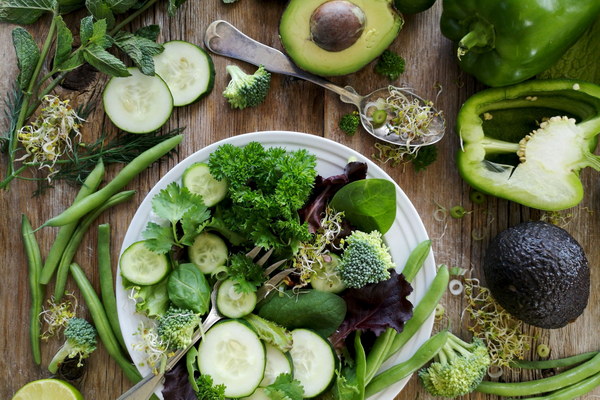
- Xiang Sha Liu Jun Zi Tang: This formula is used to treat coughs with phlegm, especially those caused by dampness and cold.
- Si Miao San: This formula is effective for treating coughs caused by wind and heat, with symptoms such as sore throat and fever.
Before taking any herbal remedies, it's essential to consult with a TCM practitioner to ensure they are suitable for your specific condition.
2. Acupuncture
Acupuncture, another key component of TCM, can help alleviate cough and improve lung function. By inserting fine needles into specific points on the body, acupuncture can stimulate the body's natural healing process, reduce inflammation, and strengthen the immune system.
Common acupuncture points for treating cough and lung issues include:
- Lung 1 (Feishu): This point is located on the upper back, near the shoulder blades. It helps to clear heat and phlegm from the lungs.
- Lung 7 (Chize): Located on the inner elbow, this point is used to relieve cough, especially when accompanied by chest tightness.
- Large Intestine 11 (Dazhui): This point is located at the base of the neck. It helps to clear heat from the lungs and reduce inflammation.
3. Diet and lifestyle adjustments
In addition to herbal remedies and acupuncture, making dietary and lifestyle adjustments can also help relieve cough and nourish the lungs:
- Stay hydrated: Drinking plenty of fluids, such as warm water, herbal teas, or broths, can help keep the throat moist and reduce coughing.
- Avoid irritants: Stay away from cigarette smoke, strong odors, and other lung irritants.
- Practice breathing exercises: Breathing exercises, such as tai chi or qigong, can help improve lung capacity and reduce stress.
- Get enough rest: Adequate sleep is essential for maintaining a strong immune system and fighting off respiratory infections.
In conclusion, using TCM to relieve cough and nourish the lungs during the second wave of respiratory illnesses can be a beneficial approach. By incorporating herbal remedies, acupuncture, and lifestyle adjustments, you can help boost your immune system and improve lung health. Remember to consult with a TCM practitioner to tailor these treatments to your specific needs.

